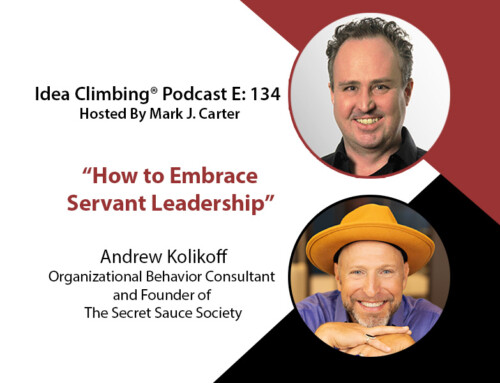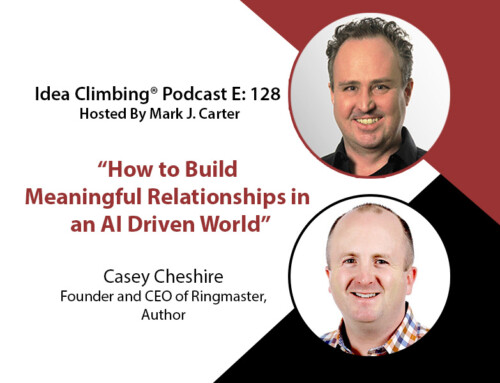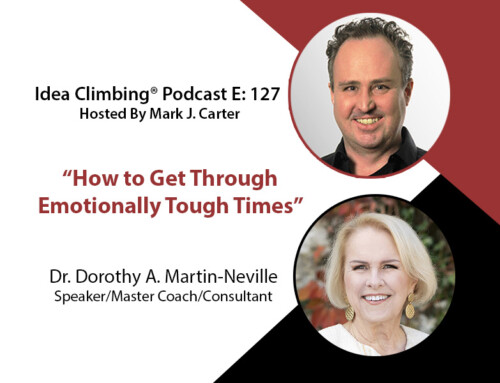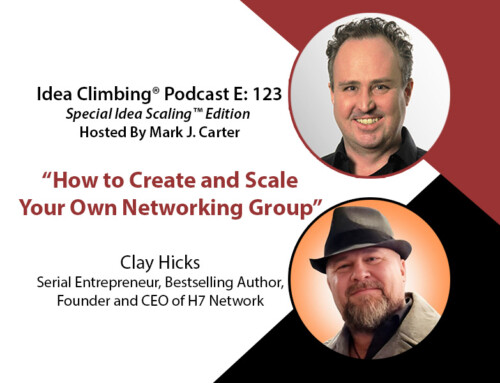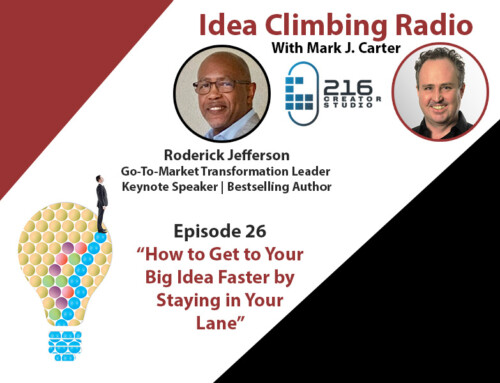Mentorship is VERY important. Yet it can be a confusing experience if you don’t know how to create mentoring relationships and have conversations that get results. Many people don’t have a plan when going into mentoring meetings outside of “We’re going to talk about my life and career”.
That’s far from enough to create measurable results. Would you go into a sales meeting with the plan “We’re just going to talk about stuff and see where it goes…”? Hopefully not. You shouldn’t just “go do” mentoring either. Let’s look at what you can do instead.
During our podcast interview for Columbia University in New York Hassan Akmal and I discussed how to create impactful mentoring relationships. Some of the advice from the podcast is below, there’s a lot more in the podcast.
What is mentoring?
Rather than the old, wise sage on a hill helping the young kid I propose that mentoring is much, much more. After 19 years of interviewing successful people I’ve discovered that:
“Mentoring Is Advice, Support And Connections To Solve A Problem.”
Those three things start the checklist of what you’re offering or seeking during mentoring meetings. From there let’s look at…
What do MENTORS need to know?
Mentors are responsible for a LOT more than just sharing stories. Just because someone is successful at building or running companies doesn’t mean they have strategies for mentoring people. Mentors need to have a STRUCTURE and a PLAN going into mentoring relationships. They need to have a discovery process. They need to…
Discover what PROBLEM the mentee is facing. If a college student says “I need help finding a job” there’s a root to that problem that needs a solution. Maybe they need networking skills, interviewing skills, more self confidence or something else. It’s never just “I need a job”.
What do MENTEES need to know?
Mentees can’t fly by the seat of their pants and just be prepared to listen to great stories about someone’s life.
Mentees need to…
- Know WHY they’re going into that meeting. What specific skills or knowledge gaps do they need to bridge?
- Listen during the meeting for ACTIONABLE ideas. They need to listen and then leave the meeting with something they can GO DO; something with metrics attached to it. Attend two networking events. Have three mock interviews. Etc.
- FOLLOW UP & FOLLOW THROUGH. They need to go take action and then report back to their mentor with NEW results and NEW questions related to the next steps of problem solving. Following up just to ask to have another cup of coffee and random conversations isn’t enough.
Hopefully this post gives you a game plan AND lets conversations unfold organically during your meetings!

